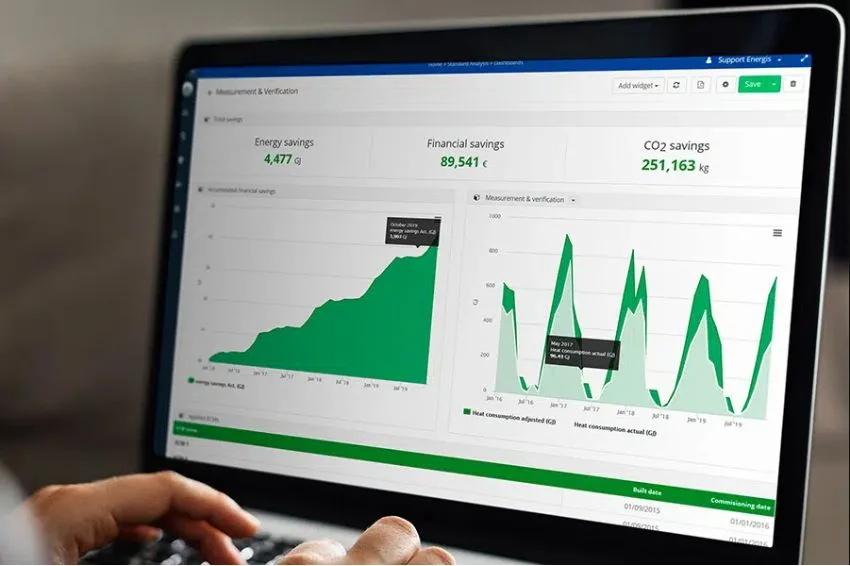Article written by João Paulo Cavinatto and Breno Sarpi, partners in Lefosse's Tax practice
With the rapid approval of the tax reform by Chamber of Deputies, taxpayers must be aware of changes and impacts on their respective sectors.
In summary, through PEC 45/2019 (Proposed Amendment to the Constitution 45/2019), the reform aims to gradually extinguish IPI, PIS, Cofins, ICMS and ISS to create two new non-cumulative taxes:
- The IBS (Goods and Services Tax) is the responsibility of the states, Federal District and municipalities;
- The CBS (Contribution on Goods and Services), under the jurisdiction of the Union, both applies to material and immaterial goods, including rights, and to services (with the same generating facts and calculation bases).
According to the approved text of the PEC in the Chamber of Deputies, both taxes will apply to the value of the operation carried out and, unlike what occurs in the current system, the new system will seek full non-cumulative use (maximizing the use of credits from operations in the various stages of the chains, including the right to reimbursement in cases where there is an accumulation of credit), in addition to the standardization of rates in relation to taxed activities, with the exception of some specific activities that may have the rate reduced by up to 100% depending on definition in the constitutional text.
As can be seen in the discussions of recent weeks, the essentiality of certain activities (and its implications on the rates of new taxes) is at the center of the discussion on tax reform on consumption.
So much so that the PEC also foresees the creation of an IS (Selective Tax), originally designed to tax goods harmful to health and the environment (non-essential) and which may affect one or more phases of the production chain (excluding exports) and imports.
As could not be otherwise, essentiality is the object of constant debate for the electricity sector, especially due to the indisputably essential nature of electrical energy in the country – already recognized by the STF (Supreme Federal Court) – but not yet recognized by the text currently under discussion in the National Congress.
At this point, there is not only the sector's request that energy be expressly recognized as essential by the constitutional text, for the purposes of IBS and CBS, but also that it be clear that it is impossible to tax operations with electrical energy by the IS.
This discussion, combined with the extinction of tax benefits and the expansion of incidence hypotheses – to even cover “rights” – can directly impact the project development and operation structures commonly adopted in the sector. With the new rules, operations that are currently exempt from taxes will be subject to the new taxes.
It is worth saying, however, that the possible increase in the tax burden must be considered (and calculated) considering the non-cumulative nature of IBS and CBS, which must be complete – the impacts of the increase in the tax burden at some stages of the chain.
Therefore, they should be evaluated together with the impacts of the right to credits from previous stages and for subsequent stages, also together with other factors, such as potential non-economic activities that are no longer taxed (such as transfers) and the implications that a change in format and tax burden could bring to corporate taxes such as IRPJ and CSLL.
In addition to the direct repercussions of the constitutional text, among other initiatives, agents in the electricity sector will be able to take the opportunity to re-discuss at an infra-constitutional level the traditional complexity of accessory tax obligations and, in preparation for possible future changes, revisit and confirm the adequacy of contractual clauses and conditions (especially those related to price).
The text goes to the Senate, where it needs to be approved in two rounds by at least three-fifths of parliamentarians (49 senators) to be promulgated.
The opinions and information expressed are the sole responsibility of the author and do not necessarily represent the official position of Canal Solar.
















